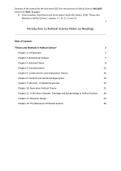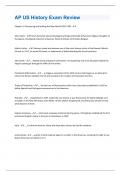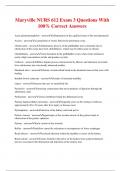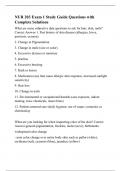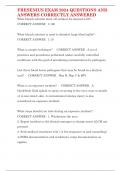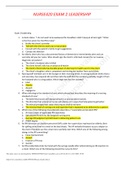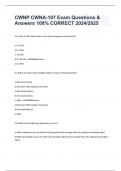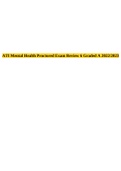Samenvatting
Summary Introduction to Political Science Notes on Readings - GRADE 7,5
- Instelling
- Universiteit Leiden (UL)
Summary of the material for the final exam (2022) for Introduction to Political Science. INCLUDES notes from (Total: 38 pages): Vivien Lowndes, David Marsh and Gerry Stoker’s book (4th edition, 2018) “Theory and Methods in Political Science”, chapters 1-7, 10, 11, 13 and 19.
[Meer zien]
